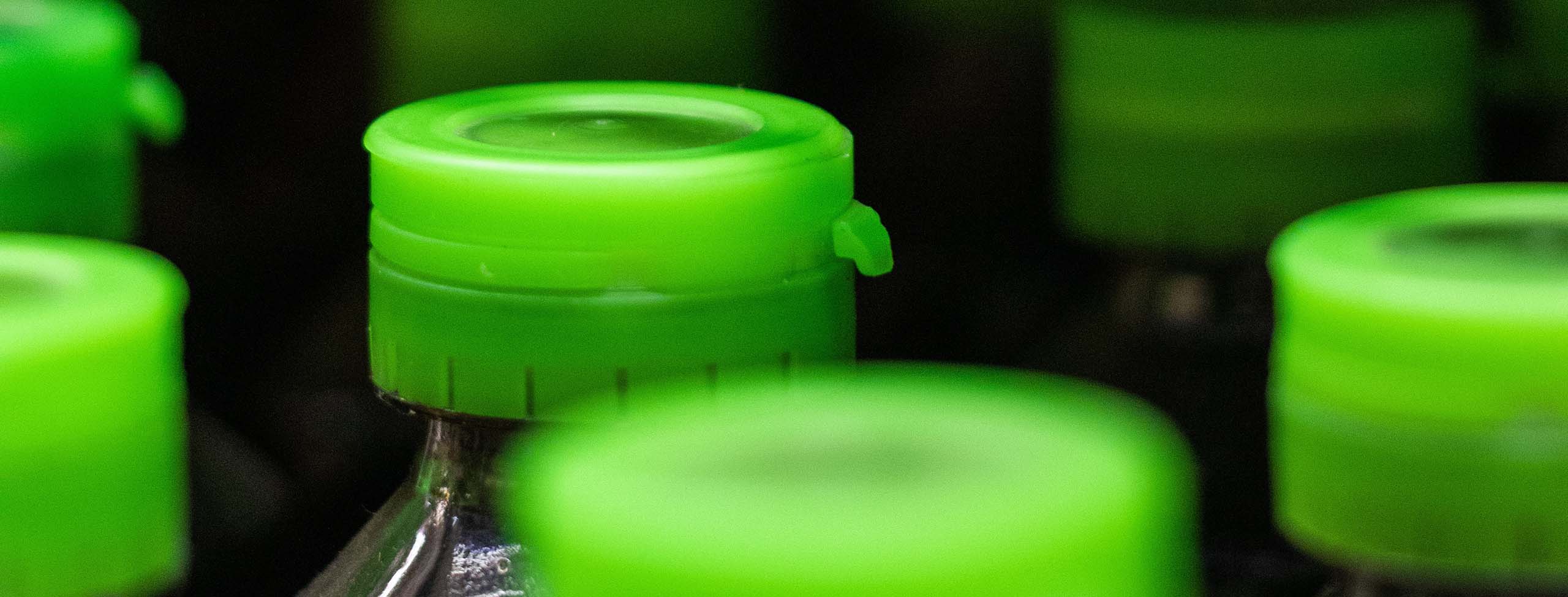
11 May 2023 • 4 minute read
Washington becomes the latest state to tackle plastic pollution
Washington recently joined several other states in seeking to address plastic pollution through restrictions on specific types of products when Governor Jay Inslee signed HB 1085, which takes a multipronged approach to reducing plastic pollution, addressing plastic water bottles, then overwater structures, then guest toiletries.
The provisions of the new law will come into force according to a staggered schedule, with the earliest taking effect on January 1, 2024 and the last taking effect three years later. Because of its unique approaches, the most significant effects will likely be felt not by product manufacturers, but rather in the real estate, construction, and hospitality sectors.
The law’s first target is single-use plastic water bottles. Unlike some popular approaches prohibiting or limiting their use, however, this approach relies on expanded consumer choice. Beginning next year, all new construction requiring a drinking fountain under the International Building Code (which is the basis for national and subnational building codes around the world) must also provide a hard-plumbed water bottle filling station. This requirement takes effect on January 1, 2026.
Beginning in January of next year, the law also bans the transfer or construction of any “overwater structures containing expanded or extruded plastic foam that is not fully enclosed and contained in a shell made of plastic with a minimum thickness of 0.15 inches, concrete, aluminum, or steel.” The definition of “overwater structures” expressly excludes “floating homes or floating on-water residences” but includes “docks, floats, walkways, or other accessory overwater structures associated with floating homes or floating on-water residences.” This section of the law also prohibits “blocks or floats” with “expanded or extruded plastic foam that are not fully enclosed and contained in a shell … intended for use in or in conjunction with overwater structures.” This provision recognizes Washington’s reliance on its shorelines and seaways, which are vital to the state’s economy.
Finally, beginning in January 2027, “lodging establishments” of 50 units or more will be prohibited from providing health or beauty products (such as soap, shampoo, body wash, and lotion) in small plastic containers, plastic wrappers, or any other single-use plastic to their guests. The ban will expand to lodging establishments of fewer than 50 units beginning the following year. Although the law recommends providing refillable options, it also allows lodging establishments to make such products in single-use plastic packaging available to customers upon request.
Other recycling bills in Washington state
HB 1085 joins a small raft of other recent bills related to recycling in Washington. Governor Inslee has already signed SB 5287, which commissions a study on cost, feasibility and environmental impact of various disposal methods of recycling wind turbine blades and various policy options for realizing large-scale blade recycling. Two other bills remain on the Governor’s desk. The first, HB 1033, directs the state Department of Ecology to evaluate compostable product use in Washington in consultation with a third-party stakeholder advisory committee, which will make recommendations for managing compostable products, and especially with respect to the food service industry. The committee must consider, among other variables, the types and amounts of compostable products sold or distributed, the impact of consumer confusion, and various standards for assessing compostability. The other bill, SB 5144, seeks to expand the recycling of batteries and to implement programs that increase the actual rates of battery recycling over time.
Pavers on the path
Each of these bills is a paver on the path toward the increasingly imminent goal of a circular economy. In particular, HB 1085 reflects a growing recognition that plastic pollution is a complex problem which cannot be laid at any one industry’s feet. By signing HB 1085 into law, Governor Inslee signals the next chapter in Washington’s effort to stanch the flow of plastic waste into Washington’s waterways and wilderness. Washington voters seem largely supportive of such initiatives, and elected officials have proved eager to deliver. These measures are thus unlikely to be the state’s last.
For more information about conservation and waste management regulation in Washington, please contact the authors or your usual DLA Piper counsel.


